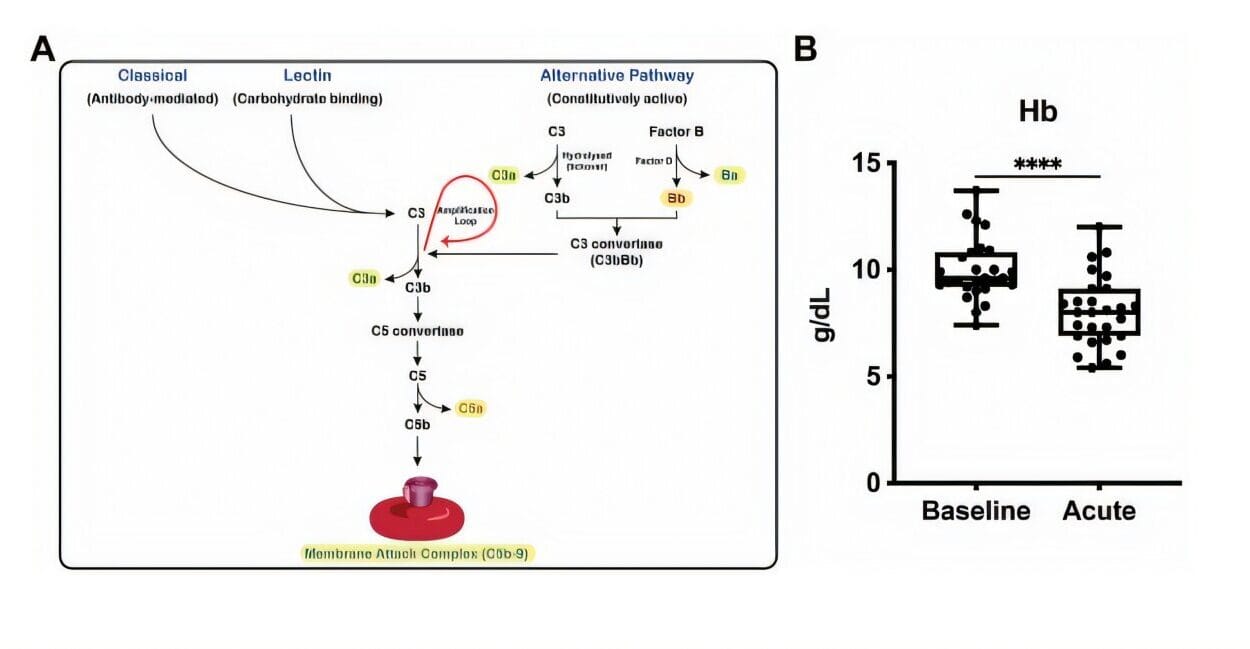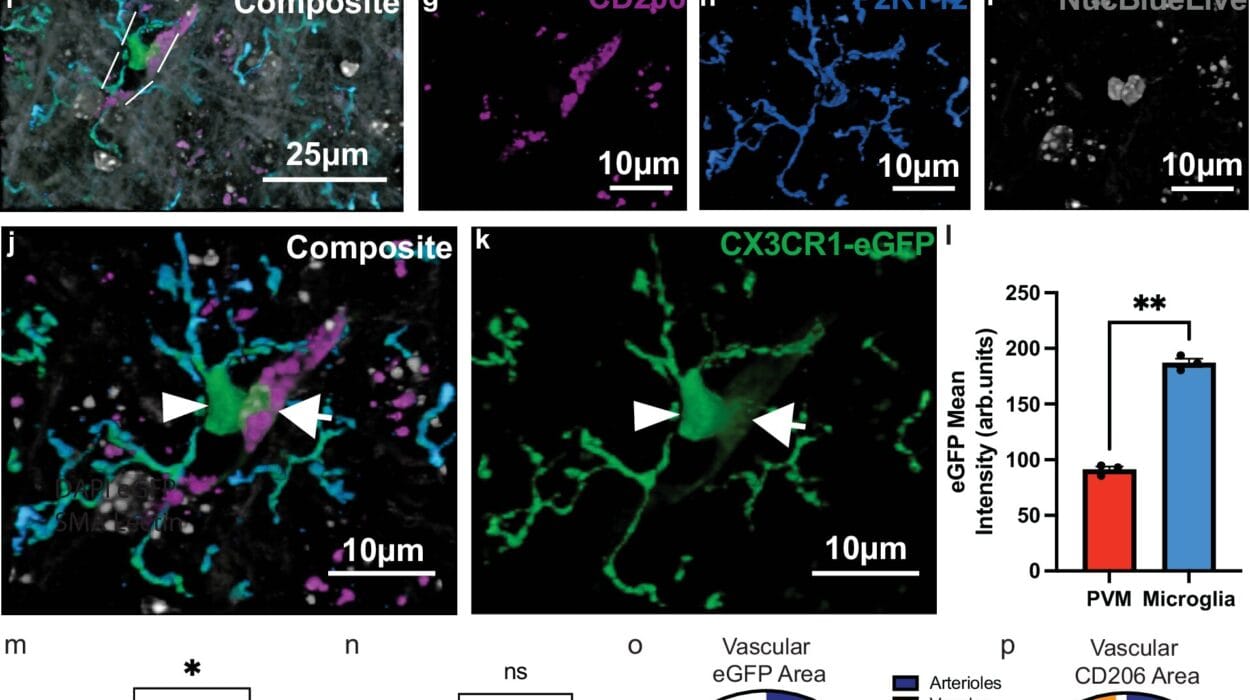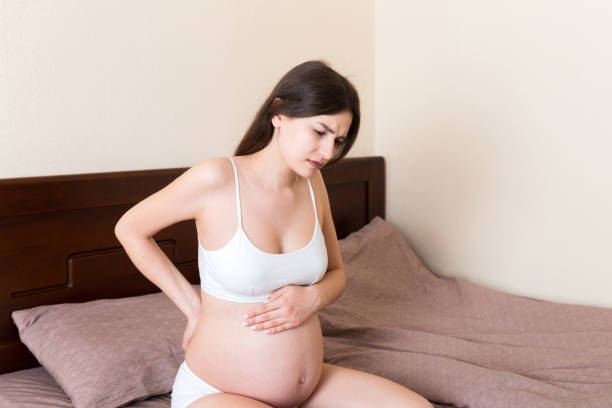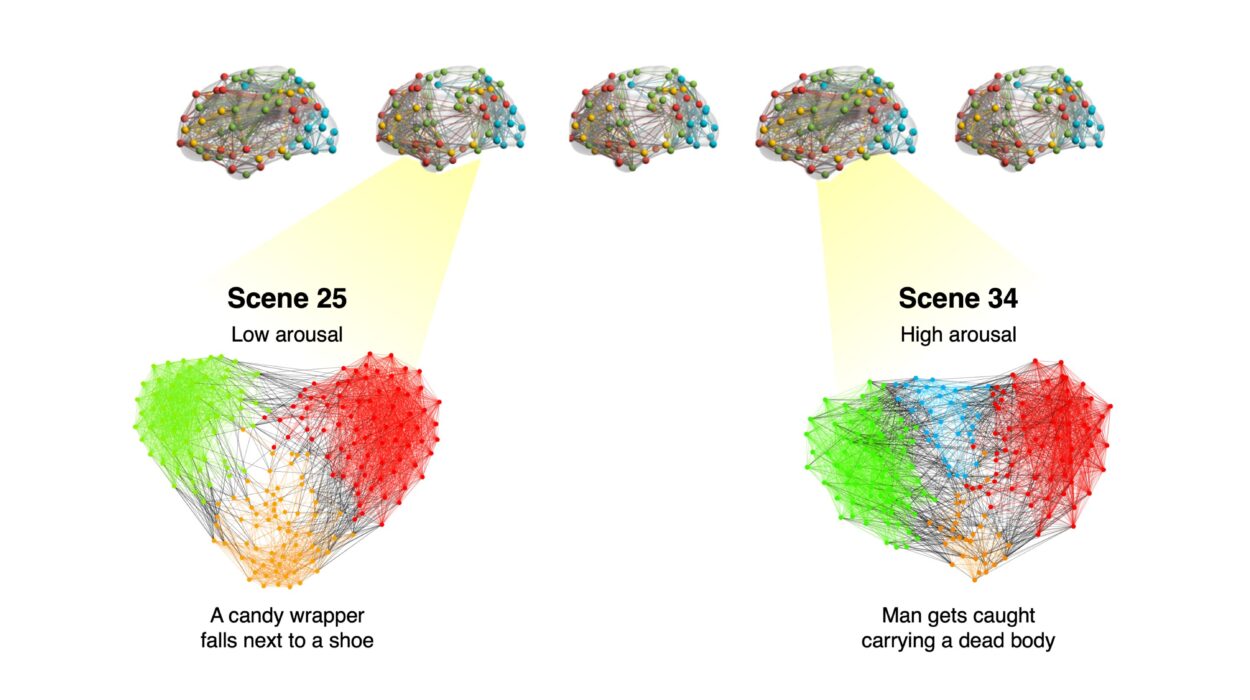Menopause is one of the most profound biological transitions in a woman’s life. It marks the end of reproductive years, but it is far more than simply the final menstrual period. It is a shift in hormones, body chemistry, and identity—a threshold that every woman eventually crosses. For some, it brings relief from the burdens of monthly cycles, pregnancy concerns, or premenstrual discomforts. For others, it arrives with challenges: hot flashes, sleep disturbances, mood swings, and changes in the body that may feel unfamiliar or overwhelming.
Yet, menopause is not a disease. It is a natural stage of life, as inevitable as puberty, and as complex in its physical, emotional, and social dimensions. Understanding its causes, symptoms, diagnosis, and treatments can empower women not only to manage the changes but also to embrace this new phase with strength, confidence, and vitality.
What Is Menopause?
Medically, menopause is defined as the permanent cessation of menstrual periods, confirmed after 12 consecutive months without menstruation. It typically occurs between the ages of 45 and 55, with the average age being around 51. However, the experience of menopause is not confined to a single day or year—it unfolds gradually, across several stages.
- Perimenopause: This transitional period begins years before the final period, as the ovaries slowly reduce hormone production. Cycles become irregular, and symptoms like hot flashes or mood swings may appear.
- Menopause: The official point marked when menstruation has stopped for a full year.
- Postmenopause: The years after menopause, when symptoms may continue but hormone levels stabilize at their new, lower levels.
Menopause is universal, but its timing, intensity, and impact vary from woman to woman, influenced by genetics, lifestyle, and health conditions.
The Causes of Menopause
The root cause of menopause is the natural decline in ovarian function. The ovaries, which house a finite number of eggs from birth, gradually become less responsive to hormonal signals from the brain. As a result, they produce less estrogen and progesterone, the hormones that regulate the menstrual cycle.
Over time, the ovaries run out of viable eggs. Without ovulation, the lining of the uterus is no longer shed, and menstruation ceases. This hormonal shift is the driving force behind most menopausal symptoms, as estrogen plays roles far beyond reproduction—it influences the brain, skin, bones, heart, and more.
While most women experience natural menopause, certain conditions can trigger early or premature menopause:
- Surgical menopause: Removal of the ovaries (oophorectomy) causes an abrupt drop in hormones.
- Medical treatments: Chemotherapy and radiation can damage ovarian function.
- Premature ovarian insufficiency (POI): A condition in which ovaries stop functioning before age 40, often due to genetic, autoimmune, or unknown causes.
Understanding the cause of menopause is crucial for treatment decisions, as abrupt hormone loss from surgery or treatment often results in more intense symptoms compared to gradual natural menopause.
The Symptoms of Menopause
Menopause symptoms are diverse, ranging from subtle changes to life-altering disruptions. They stem from declining estrogen and progesterone levels, which affect nearly every system in the body.
Hot Flashes and Night Sweats
One of the hallmark symptoms, hot flashes are sudden waves of heat, often accompanied by flushing, sweating, and a racing heart. They can last seconds to minutes and may occur multiple times a day. When they happen at night, they cause night sweats, disrupting sleep and leaving women exhausted.
Irregular Periods
During perimenopause, cycles often become unpredictable—shorter, longer, heavier, or lighter—before stopping altogether.
Sleep Disturbances
Night sweats are a major culprit, but even without them, hormonal shifts can affect sleep quality, leading to insomnia or restless nights.
Mood Changes
Anxiety, irritability, and depression may intensify during menopause. Fluctuating hormones interact with brain chemistry, while sleep disruption and life stressors amplify emotional strain.
Vaginal and Urinary Changes
Lower estrogen leads to thinning of the vaginal tissues, causing dryness, itching, discomfort during intercourse, and higher risk of infections. Urinary urgency, frequency, and incontinence may also occur.
Cognitive Effects
Some women report forgetfulness, “brain fog,” or difficulty concentrating during this transition.
Physical Changes
Menopause brings noticeable changes in the body, such as weight gain (especially around the abdomen), thinning hair, drier skin, and loss of breast fullness.
Long-Term Health Effects
Beyond immediate symptoms, estrogen decline has lasting implications. Postmenopausal women face increased risks of osteoporosis, cardiovascular disease, and metabolic changes that require ongoing attention.
It’s important to note that not all women experience severe symptoms. Some transition smoothly, with little disruption, while others may struggle with daily challenges.
Diagnosis of Menopause
Diagnosing menopause involves a combination of medical history, symptoms, and occasionally laboratory tests.
A physician often begins by reviewing a woman’s menstrual history. If periods have ceased for a full year and symptoms align, menopause is diagnosed. For women in their 40s or 50s, blood tests are not always necessary.
However, in cases of premature menopause, irregular cycles, or surgical menopause, tests may be useful:
- Follicle-Stimulating Hormone (FSH): Elevated levels indicate declining ovarian function.
- Estrogen Levels: Low estradiol confirms reduced ovarian activity.
- Other Tests: Thyroid disorders or other conditions can mimic menopause symptoms and may need to be ruled out.
A careful diagnosis ensures proper treatment and rules out underlying medical issues.
Treatment Options for Menopause
Treatment is highly individualized. Not every woman requires medical intervention; some manage symptoms through lifestyle adjustments alone. Others benefit from medications or therapies tailored to their needs.
Hormone Replacement Therapy (HRT)
HRT is the most effective treatment for relieving hot flashes, night sweats, and vaginal symptoms. It involves supplementing estrogen, sometimes combined with progesterone, to replace declining hormones.
There are several forms: pills, patches, gels, sprays, and vaginal creams. The choice depends on symptoms, medical history, and personal preference.
However, HRT is not for everyone. Long-term use carries risks, including increased chances of blood clots, stroke, and certain types of cancer. Doctors carefully weigh the benefits and risks for each patient, often prescribing the lowest effective dose for the shortest necessary duration.
Non-Hormonal Medications
For women who cannot take hormones, other medications can help:
- Antidepressants (SSRIs, SNRIs) for hot flashes and mood symptoms.
- Gabapentin or clonidine for hot flashes.
- Vaginal moisturizers or lubricants for dryness.
Lifestyle Modifications
Simple but powerful changes often make a difference:
- A balanced diet rich in calcium, vitamin D, and phytoestrogens (found in soy, flax, and legumes).
- Regular exercise to maintain bone density, heart health, and mood.
- Stress management practices such as yoga, meditation, or mindfulness.
- Good sleep hygiene—keeping a cool bedroom, avoiding caffeine late in the day, and establishing routines.
Alternative and Complementary Therapies
Many women explore natural remedies, such as herbal supplements (black cohosh, red clover), acupuncture, or relaxation techniques. While some report relief, scientific evidence varies, and it’s essential to discuss these options with healthcare providers to ensure safety.
The Emotional and Social Side of Menopause
Menopause is not just a medical condition—it is a deeply personal and cultural experience. Some societies honor older women as wise and powerful, while others stigmatize aging, leaving women feeling invisible or dismissed.
The transition often coincides with other life changes: children leaving home, aging parents needing care, or shifting careers. These stressors can compound physical symptoms, making emotional support vital.
Open conversations about menopause are crucial. For too long, silence and stigma left women feeling isolated. Today, greater awareness encourages women to share experiences, seek help, and demand better healthcare.
Menopause and Long-Term Health
The impact of menopause extends beyond immediate symptoms. The drop in estrogen affects systems throughout the body, making long-term care essential.
- Bone Health: Estrogen protects bones; after menopause, women face higher risks of osteoporosis and fractures. Weight-bearing exercise and calcium-rich diets, alongside medical treatments when needed, can help.
- Heart Health: Menopause accelerates risks of heart disease. Lifestyle habits—diet, exercise, and avoiding smoking—become even more critical.
- Metabolic Changes: Weight gain, particularly abdominal fat, is common, raising risks of diabetes and metabolic syndrome.
- Cognitive Health: Research explores the link between estrogen decline and memory changes, with ongoing studies into long-term brain health.
These concerns highlight the importance of proactive healthcare during and after menopause.
The Future of Menopause Care
Modern medicine is increasingly tailoring menopause care to the individual. Advances in genetics, hormone delivery systems, and digital health tools are helping women navigate this stage with more precision and support.
There is also a growing cultural shift. Once taboo, menopause is now being discussed openly in media, workplaces, and policy arenas. Employers are beginning to recognize the impact of menopausal symptoms on productivity and are offering wellness programs or accommodations.
As science deepens our understanding and society removes stigma, the future of menopause care promises more compassionate, personalized, and empowering approaches.
Menopause as a New Beginning
Though menopause marks the end of reproductive years, it does not mark the end of life’s possibilities. Many women discover a new freedom—freedom from menstrual cycles, pregnancy concerns, or hormonal swings. With the right support, it can be a time of renewal, growth, and self-discovery.
Menopause is a journey through change, but within that change lies strength. It is a reminder of the body’s resilience, the mind’s adaptability, and the enduring power of womanhood. Far from being an ending, menopause can be a gateway to a vibrant new chapter of life.






